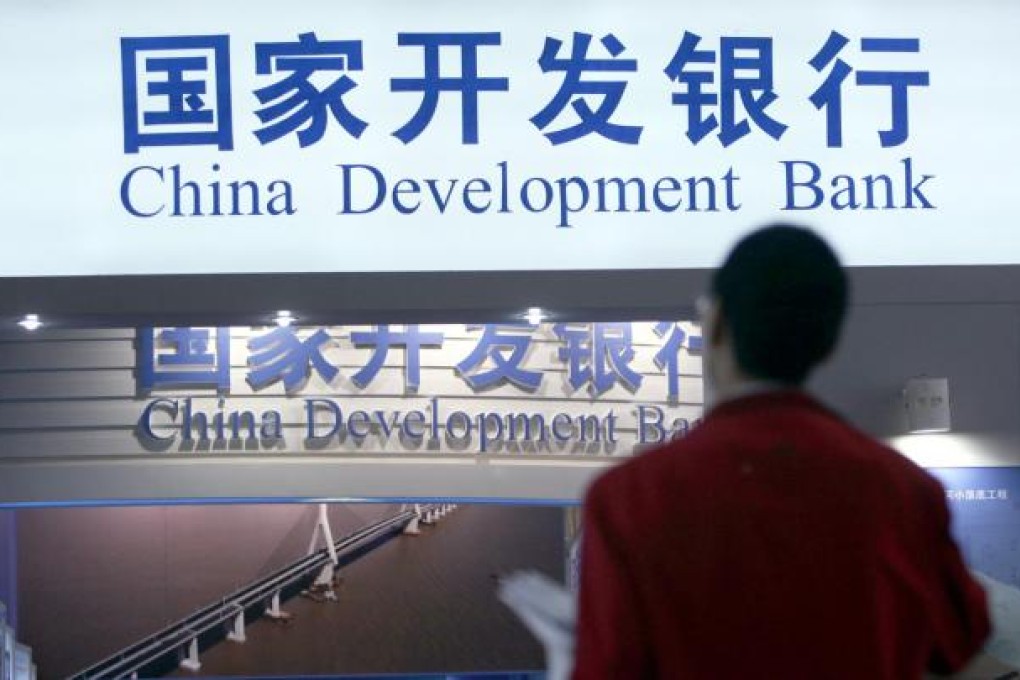China Development Bank grabs chance for aggressive global loan expansion
China Development Bank is now the world's largest for overseas loans and is playing a leading role in promoting Beijing's economic interests abroad

Beijing's growing prominence on the global political and economic stage has been mirrored in the transformation of one Chinese bank. China Development Bank is now the world's largest financial institution for overseas loans, overtaking both the World Bank and Asian Development Bank.

But since the 2008 global financial crisis engulfed Wall Street, CDB has grabbed a rare, historic opportunity for aggressive loan expansion outside the mainland.
The 2008 financial crisis changed the landscape of the world's financial industry. Many big Western companies such as Citigroup of the United States and London-based HSBC were forced to limit their lending due to pressure on their capital base and risk controls, which were damaged during the crisis.
For CDB, it was the other way round. The crisis had a minimal effect and the bank took the chance to expand loans abroad, making it the new hope for many resource-rich but capital-poor nations.
At the end of 2011, the size of CDB's outstanding loans reached 5.52 trillion yuan (HK$6.88 trillion). CDB did not provide a breakdown of its domestic and overseas loans but industry sources familiar with the situation said that typically about a quarter to one-third of CDB's total loans were US dollar-denominated offshore loans. "For the next few years, as Beijing has increasing demands for natural resources, I expect that the percentage of overseas loans in CDB's total loans could easily increase at the current pace or even more rapidly," said one of the industry sources.